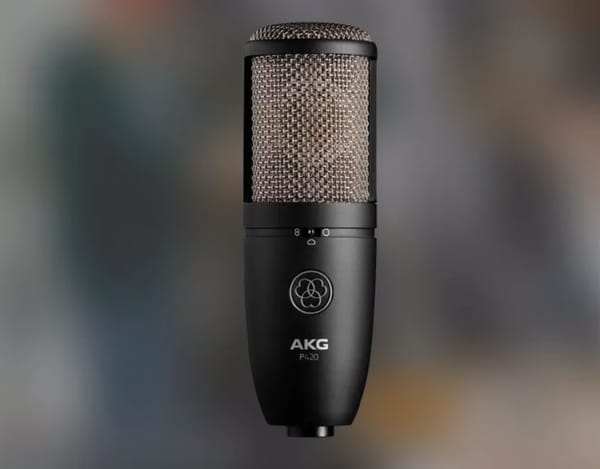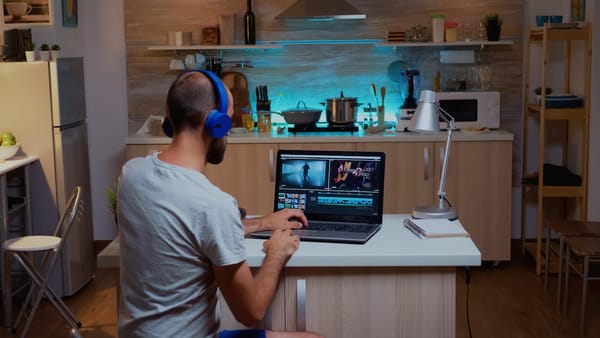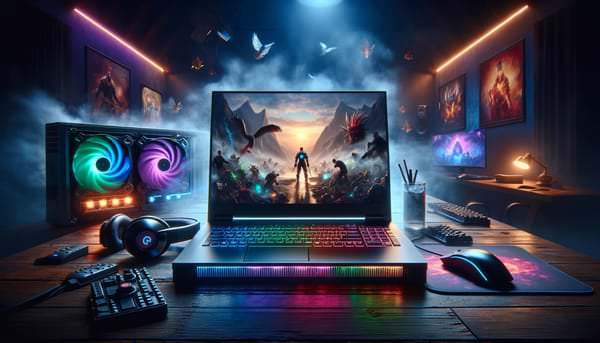What Are PC Laptop Computers, And Why Should I Use Them?

PC laptop computers are one of the most popular types of laptops on the market today. But what are they, and why should you use one?
PC laptop computers are designed for use with the Windows operating system. This means that they can run all the same software that you would use on a desktop computer.
But because they are portable, you can take them with you wherever you go. There are many reasons to use a PC laptop computer. They are powerful, portable, and easy to use. If you are looking for a new laptop, a PC laptop is a great option.
What Is a Laptop Computer?

A laptop or a notebook computer is a small-sized portable computer with a hinged screen and a keyboard when closed. They have become very popular recently. Their size makes them ideal for people who need to carry their devices with them as they go about their daily routines.
Many shoppers, professionals, and students prefer using a laptop instead of a desktop computer because you can take your files with you and work anywhere there is a power source.
Laptops come in all sizes; from large ones that are good for business users, to smaller models perfect for individuals. There are also mélange laptops that fit any lifestyle or purpose.
You will also want to think about security; how secure are these machines against hackers? You might also consider an antivirus program.
Finally, does it connect to other technology such as a smartphone or tablet computer? Does it have wireless capabilities? Check for those too.
How Does a Laptop Computer Work?

Generally speaking, a computer works by moving electrons from one place to another. This process is what produces heat; however, you can be pretty sure that no matter how much you want or need to do with your computer, it will always be running at least somewhat hot.
With a laptop, the entire system can be cooled down sufficiently so that there’s less heating issues.
That being said, most laptops have cooling plates built in which help dissipate extra heat. Many also come with cooling fans that force air through holes and channels in the design of the machine.
How much does a good laptop cost?

In general, the cheaper models will probably work just as well as the more expensive ones, with the only difference being that they were made primarily to withstand American’s stricter environmental standards.
More importantly than price, though, is the quality of the laptop’s components.
It must have a fast processor, so it can run all of your favorite software (windows or otherwise) in a speedy way; enough memory for you to store lots of files such as documents, photographs, etc.; a strong battery; and high-resolution display, among other things.
Another important factor is the size of the laptop. The smaller the keyboard, the easier it is to type on. Also, thinner laptops take less room.
Lastly, look at how clean the computer is. You want a machine that won’t hold any kind of trash inside. Furthermore, don’t forget about how the computer was manufactured.
If you buy an pre-assembled device, make sure that its manufacturing date and mark right side up! See this article for instructions on how to protect the environment.
What is the average lifespan of a laptop?

Although this question is difficult to answer due to many factors, here are some general statistics that can give you an idea about how long your laptop may last :
The average consumer electronics device (TV, computer, phone, etc.) likely has less than two years of life expectancy. By comparison, the human body will typically survive for around ten decades with good care.
Thus, it’s not so surprising that technology today degrades faster than in years past. Newer technologies such as LCDs and mobile hardware (phones, tablets, laptops) tend to have shorter lifespans.
However, these things were actually designed to break more easily; manufacturers no longer need to assure perfect usage safety like they did early on. It is up to the user to ensure that their devices function properly after several years of use.
What are the differences between a laptop and a desktop?

Many of you may still be using analog laptops that have an x86 processor. Most desktops also use x86 processors too!
But here’s the thing: People literally make a difference when they use digital versus analog technology.
In our everyday lives, we made several choices that were very mobile-oriented. We can go online via cellular networks or Wi-Fi. We can access apps and various other software programs that take advantage of these connections.
We can even run full-blown PCs without needing to plug them in! We rely on our smartphones for email, keep tabs on each other, and work on projects that require us to use multiple devices simultaneously.
By contrast, people who drive cars prefer having hands-free capability, and being able to speak loudly enough to hear others without holding a phone has its advantages.
For many tasks, it doesn’t matter if your computer is portable; sitting down at home to do some computing can be more efficient than going out into the neighborhood on your skateboard.
And while businesses need speed and efficiency when receiving orders or making sales, this isn’t something that can be done over Internet connections. It only makes sense to connect to a wired network.
That’s because companies create internet solutions trying to figure out what customers.
What are the pros and cons of a laptop computer?

That is an excellent question! For many people, their smartphone is almost like a computer. It can connect to the internet, run apps, make calls and send messages. However, there are differences.
The first main difference is size. You cannot really take the screen off most smartphones and put it away in your desk or carry it with you. Also, laptops have better graphics than phones (able to watch videos) and they can access more files at once.
Another major difference is that laptops come with keys-the letters between your fingers when you type words. These help you think about what you want to write before you write anything.
Additionally, clicking on buttons is easier than tapping on icons on a phone. With both keyboards open, choose one over the other, perusing website. Once you scroll down a bit, tap another button if desired.
Finally, desktop computers allow you to do some things faster than laptop computers. For example, starting downloads and saving files takes longer on a cell phone.
Should I purchase a MacBook or a Windows-based laptop?

A portable computer is something that you can take with you to places where you will need to access information. This may be for business or for pleasure. When you’re trying to start a new project or go on a trip, it can seem overwhelming to select all the pieces of your equipment – do I want a desktop or a notebook? Do I want a bigger memory or more storage?
The answer many people don’t consider is: both! You can have a variety of different features in each. There are so many options out there that it may seem impossible to decide.
If you find yourself overwhelmed at the thought of choosing a laptop, let me help you make it easier. First, understand that not every type of person uses every type of device. These may be tech gadgets that only work with certain things (and not others).
That being said, there are several factors which affect how you compare various devices. They include but are not limited to: speed, efficiency, cost, functionality, and durability.
Consider these questions when deciding between using a tablet, smartphone, two tablets, or a smartphone: does this device fit my needs, and can I afford it?
What is the difference between a laptop and a notebook computer?

Despite their names, these two types of computers have many similarities. Both can be connected to the internet (with a Wi-Fi connection or through a cellular data plan), both can run software that allows you to browse the web, write documents, create art, and so on.
However, there are some important differences between laptops and notebooks. Namely, how they handle graphics-heavy applications like Photoshop and video games.
With limited battery life, smaller screens, and less processing power than desktop PCs, laptops depend on the user to keep devices charged and running smoothly. Notebooks, on the other hand, are usually equipped with powerful processors, large screens, and enough storage space for all your needs.
Another major difference lies in the type of mouse users will need to install each platform. While most laptops use a touchpad for input, which requires gestural recognition, mice are still widely used in connecting to a desktop environment.
Some people find it easier to move around while doing things on their computer. If this is something you enjoy, then you may want to give it a try! All blogs are updated from this point forward giving you an option to read more information surrounding the topic.
Is a personal computer better than a laptop?
Even with more and more applications for laptops, there are still few reasons to choose one over a personal computer.
That is, unless you work very often on the go or prefer having an extra monitor for tasks such as homework or watching YouTube videos.
There are also advantages to using a laptop instead of a desktop. For example, it is much easier to take your laptop with you when you leave home than my old desktop machine because you don’t have to place your electronics in a backpack full of items.
Also, desktops perform better at computing tasks like writing, editing documents, and spreadsheets. Depending on what application you use, they may be able to do so with less error than a laptop.
Lastly, laptops help keep your information stored online, which can make it simpler to access from any computer anywhere.



